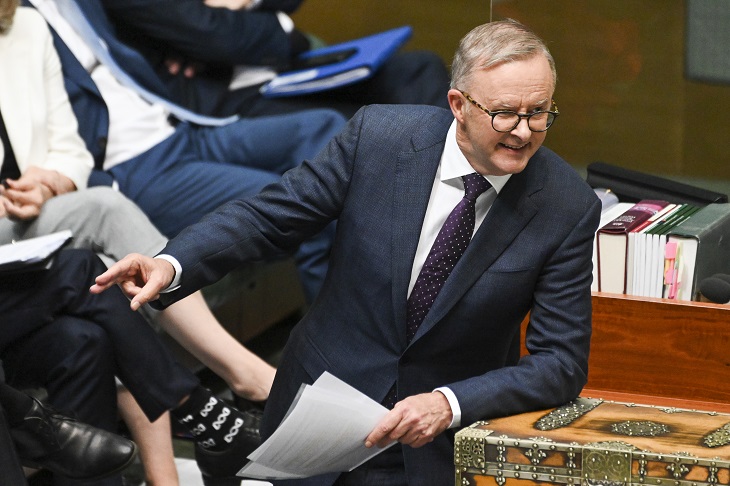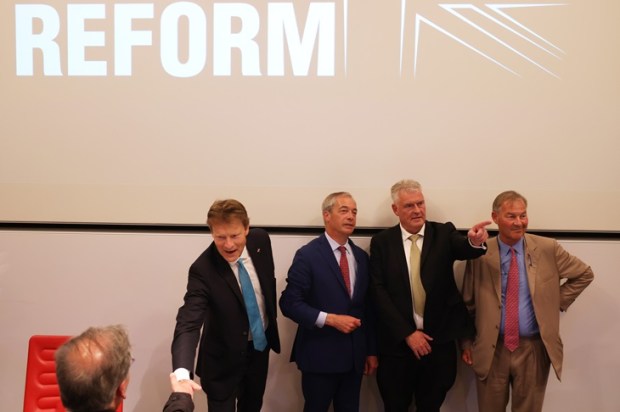Jean-Baptiste Colbert, Louis XIV’s celebrated Finance Minister, is reported to have said, ‘The act of taxation consists in so plucking the goose as to procure the largest quantity of feathers with the least possible amount of squealing.’ Populist politics suggests that policies which allow high earners to keep more of their earnings are always electorally risky, even though such policies have long-term adverse effects on wealth creation.
So, the Labor government has abandoned the Stage 3 tax cuts, which it supported six years ago whilst in Opposition.
Already a subscriber? Log in
Subscribe for just $2 a week
Try a month of The Spectator Australia absolutely free and without commitment. Not only that but – if you choose to continue – you’ll pay just $2 a week for your first year.
- Unlimited access to spectator.com.au and app
- The weekly edition on the Spectator Australia app
- Spectator podcasts and newsletters
- Full access to spectator.co.uk


























Comments
Don't miss out
Join the conversation with other Spectator Australia readers. Subscribe to leave a comment.
SUBSCRIBEAlready a subscriber? Log in